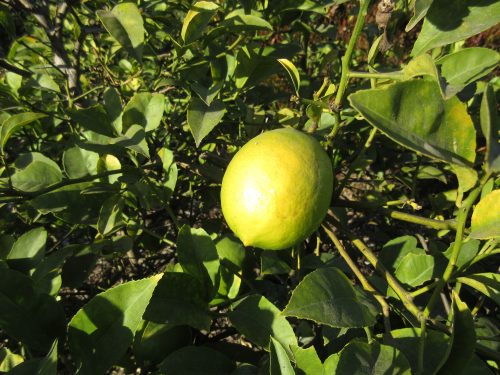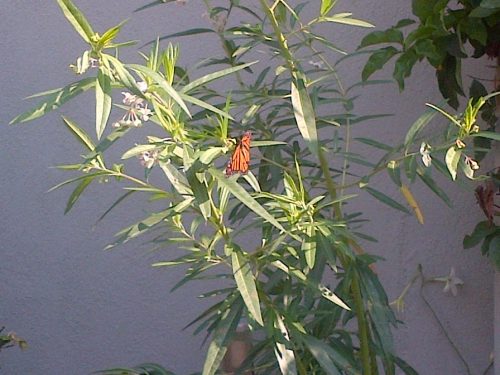“Does organic material have a shelf life? I have some of my home-“baked” compost that’s been sitting in a ventilated plastic container in my yard for about 11 months and some Uni-Grow organic perlite stored in my garage in the original plastic bag. Are they okay to use?”
My first response would have to be yes, they are okay to use. I always do some fact checking to make sure I’m not giving copious amounts of misinformation on these Ask Gardenerd entries, and as I suspected, there was very little, if not a complete absence of information about it on the net. So I’ll venture forward without absolute confirmation from my usual sources, riding on the hunch that I know what I’m talking about.
Regarding the perlite: for those who are new to gardening, perlite, as well as vermiculite, is defined as follows. “Volcanic ash that has been exposed to very high heat expands to form perlite. It is very light weight and is often used in potting mixes to encourage good drainage, as well as to keep the soil from compacting. Because it is also porous, it helps to maintain soil moisture. Its size ranges, but it is about as large as gravel.” Now, given that perlite is used as a storage medium to prolong the shelf-life of most post-harvest fruits and vegetables, you can see by its nature that it lasts a long time. These compounds will only get smaller in size as they break down over time, but their effectiveness is not diminished much. As long as you keep your perlite and vermiculite dry it will, I assume, be useful until it breaks down into a fine powder over time. I keep a bag of vermiculite in a covered metal bin and have used it over several seasons with much success.
Your compost is most likely still good as well. Compost should be stored, as you have been doing, in a ventilated container or bag. At the worst, compost can become soggy in the rain and develop mold or mildew. If the compost has been wet for a long time (say, sitting in a puddle of water), it can become anaerobic – it loses oxygen and stops its happy process of encouraging microorganisms and friendly bacteria. If your compost smells funny, rancid, like garbage, or anything like that, then you should toss it into a part of the yard far away from plants that might be susceptible to airborne fungus or mildew and let nature do its thing. Otherwise it’s fine to use. If your compost has gotten dry, it’s still okay to use, but you might want to add some water to the container to freshen it up a few days before adding it to your garden.
Thanks for writing in, and keep those questions coming!
Happy Gardening, everyone.


